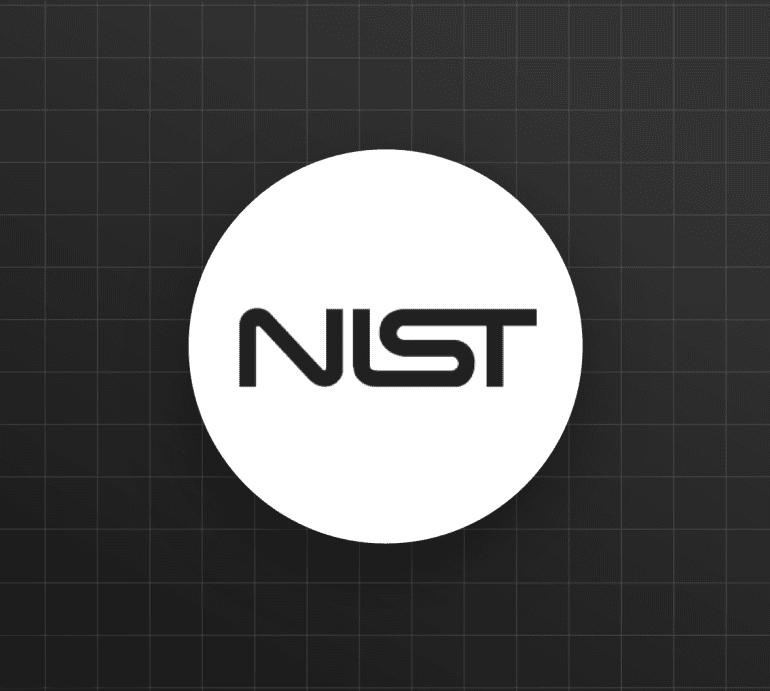- NIST has released an updated version of the Dioptra tool to assess the impact of malicious attacks on AI systems.
- Dioptra, originally launched in 2022, is a modular, open-source, web-based platform for evaluating AI risks.
- The tool facilitates benchmarking and simulating threats through “red-teaming” exercises.
- Dioptra’s release is part of broader initiatives addressing AI risks, including misuse for generating non-consensual content.
- It follows the U.K. AI Safety Institute’s Inspect tool, with collaborative efforts between the U.S. and U.K. on advanced AI testing.
- The tool aligns with President Biden’s executive order on AI, mandating NIST’s involvement in AI system testing and safety standards.
- Dioptra is limited to models that can be locally downloaded and used, excluding those behind APIs like OpenAI’s GPT-4o.
Main AI News:
The National Institute of Standards and Technology (NIST), a key agency within the U.S. Commerce Department, has launched an updated version of its test bed, Dioptra. This tool is designed to evaluate the impact of malicious attacks, specifically those targeting AI model training data, on AI system performance. Originally introduced in 2022, Dioptra is a modular, open-source, web-based platform aimed at aiding companies and users in assessing, analyzing, and monitoring AI risks.
Dioptra enables benchmarking and research of AI models and serves as a standardized environment for simulating threats through “red-teaming” exercises. According to NIST, the tool’s purpose is to test adversarial attacks on machine learning models, providing an accessible resource for evaluating claims about AI systems’ performance.
This release aligns with recent initiatives from NIST and the newly established AI Safety Institute, which address various AI-related risks, including the misuse of technology to create non-consensual content. Dioptra’s introduction follows the U.K. AI Safety Institute’s Inspect tool, with both nations collaborating on advanced AI testing solutions as announced at the U.K.’s AI Safety Summit.
The Dioptra tool is part of President Joe Biden’s executive order on AI, which mandates NIST to contribute to AI system testing and establish standards for AI safety and security. The executive order also requires companies, such as Apple, to report safety test results to the federal government prior to public deployment.
While Dioptra offers significant insights, it does not fully eliminate the risks associated with AI models. The tool is limited to models that can be locally downloaded and used, excluding those behind APIs like OpenAI’s GPT-4o. Despite these constraints, Dioptra provides valuable information on how various attacks might affect AI system performance and helps quantify these impacts.
NIST Enhances AI Risk Assessment with Updated Dioptra Tool
The National Institute of Standards and Technology (NIST) has introduced an upgraded version of its Dioptra tool, designed to evaluate how malicious attacks, particularly those contaminating AI training data, impact AI system performance. First released in 2022, this modular, open-source, web-based tool aims to assist companies and users in assessing and managing AI risks.
Dioptra offers capabilities for benchmarking and researching AI models, providing a unified platform for simulating potential threats through “red-teaming” activities. NIST highlights that the tool’s primary goal is to test the effects of adversarial attacks on machine learning models, making it a valuable resource for evaluating AI systems’ claims about their performance.
The tool’s release is part of broader initiatives from NIST and the newly established AI Safety Institute, addressing risks associated with AI, including misuse for generating non-consensual content. This development follows the launch of the U.K. AI Safety Institute’s Inspect tool, with both countries collaborating on advanced AI testing solutions, as announced at the U.K. AI Safety Summit.
Dioptra also aligns with President Joe Biden’s executive order on AI, which directs NIST to assist with AI system testing and establish safety and security standards. The order also mandates that companies, such as Apple, report safety test results to the federal government before public deployment.
Although Dioptra provides valuable insights, it cannot fully mitigate all risks associated with AI models. The tool is currently limited to models that can be locally downloaded and used, excluding those accessible only via APIs, such as OpenAI’s GPT-4o. Nevertheless, Dioptra offers essential information on how different attacks might impact AI performance and quantifies these effects.
Conclusion:
The updated Dioptra tool from NIST represents a significant advancement in AI risk assessment by providing a standardized platform for evaluating the impact of adversarial attacks on AI systems. This development highlights a growing commitment to addressing AI safety and security, especially in the context of regulatory requirements and international collaborations. For the market, this means increased scrutiny and higher standards for AI models, potentially driving innovation in AI safety solutions and influencing companies to enhance their security measures. The limitations of Dioptra, particularly its current inapplicability to API-based models, underscore the ongoing challenges in creating comprehensive AI risk assessment tools and may spur further advancements in this area.

